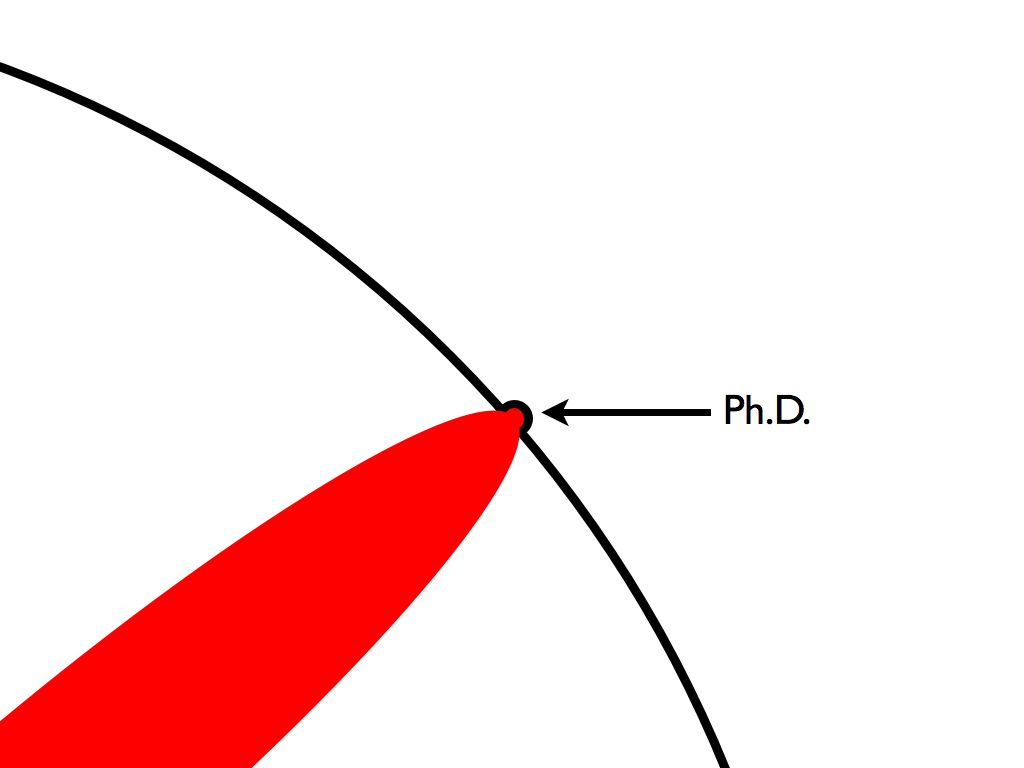Un petit film que és genial.
Wanderers - a short film by Erik Wernquist from Erik Wernquist on Vimeo.
Wanderers - a short film by Erik Wernquist from Erik Wernquist on Vimeo.



Over the past decade, a number of clinical studies have begun to show that people who improve on placebos are genetically different than those who don’t. And although the American Medical Association has long considered it unethical for doctors to give placebos without informing their patients1—the doctor-patient relationship is predicated on a mutual trust—several clinical trials have now shown that placebos do not require deception to be effective.2,3,4 “Contrary to what intuition would tell you, many people are willing to take a substance when they are told it is a placebo,” says Brown, a psychiatrist at the Warren Alpert Medical School of Brown University in Rhode Island and the author of The Placebo Effect in Clinical Practice.(...)DNA tests “offer the first real opportunity to make the distinction between placebo responders and non-responders,” (...) but...“There is very little prospect in the foreseeable future for genetic tests of placebo responsiveness to have any clinical utility,” he says, “especially given the situational and contextual variability of placebo effects.”
Though we will inevitably share their fates, the people we will become in a decade, quarter century, or more, are unknown to us. This impedes our ability to make good choices on their—which of course is our own—behalf. That bright, shiny New Year’s resolution? If you feel perfectly justified in breaking it, it may be because it feels like it was a promise someone else made.
In fact, their neural activity when they described themselves in a decade was similar to that when they described Matt Damon or Natalie Portman.
We think of our future selves, says Pronin, like we think of others: in the third person.